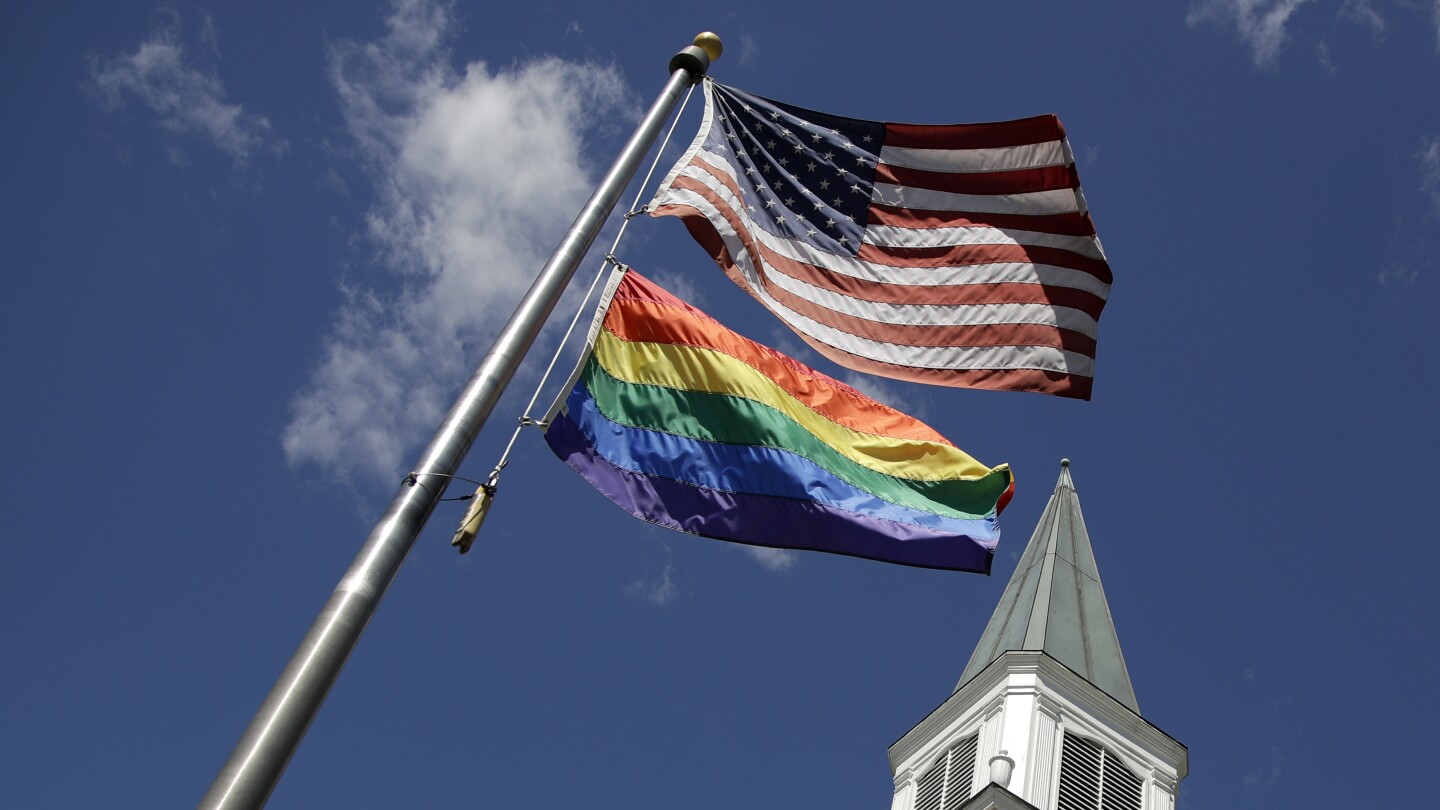I have a pretty unique perspective on this as someone who’s worked in churches my entire adult life. Probably the hardest interview question I’ve ever been asked–across both technical and non-technical interviews–was when I was interviewing to be the organist at a large UMC church in early 2019, right before the General Conference vote that set all of this off. They basically summarized the situation to me and then asked if I was comfortable coming into the position not knowing which way the vote would go. In many ways, this question felt like asking if I had principles and if I was willing to stick to them. As a progressive person, I had to really think about if I’d be ok being in a place where I wouldn’t be allowed to play for a same-sex wedding.
That church’s senior pastor was one of the leading figures in the movement to affirm LGBTQ members. We quietly performed at least one same-sex marriage while I was there, which was technically in defiance of the denomination’s restrictions. Since then, I’ve moved to one of the most prominent progressive mainline Protestant megachurches in the US. We’ve had long standing partnerships with many LGTBQ organizations, and we do lots of tangible things for all sorts of underrepresented communities. We had a visiting trans pastor speak about a month ago, and they received an instant ovation from the congregation.
My point in all of this is that it frustrates me to see comment sections like much of this one where people insist that every church is a highly regressive place. As someone who’s in the closed door meetings, I promise you that there are many that are not, and it’s not just all a ploy to try to stay relevant in today’s society. Some places really do support these causes because they believe in them.
(As a footnote, I’ll say that I don’t like to talk about my religious views online, as it might put me in a weird position with my current and potential future employers. An acquaintance of mine wrote a great blog post that sums up my feelings well.)
A lot of these pastors have to be looking at their steadily declining congregations and thinking maybe it’s not the kids who are wrong, after all.
That requires at least a mediocre amount of critical thinking skills and those are taboo in religious organizations, so doubt it.
deleted by creator
Probably not. Atheistic fundamentalists are still fundamentalists. Their thinking is just as flawed
Can we please move beyond this 2010 New Atheism view that every religious leader/person is stupid and unable to critically think?
Why? They clearly choose not to apply that ability to a big part of their lives. In this specific case under discussion, their entire career requires not applying any critical thinking. Their paycheck depends on their ability to convince other people of things that are not and can never be supported by any actual evidence.
It’s the reason that crowd is so susceptible, as a trend, to con men, malicious misinformation, and developing entire belief systems off a Facebook meme that pairs one politician’s face with a fake quote or a quote from a totally different politician. They’re trained, often from birth, that evidence is not necessary in the process of deciding what you want to believe; in fact, that evidence is often the bad guy (in that it opposes “faith”).
So, no. We’ll drop the characterization if and only if it stops being relevant to our day-to-day lives in America. It’s not the atheists who are saying they think I should get the death penalty (DeSantis’s preacher), that I should be shot in the back of the head (Texas Baptist Church), that God should kill me slowly (Pure Words Baptist Church), and that I should be hunted with dogs (governor of SC).
deleted by creator



